Prepare with confidence for your Final FRCEM examination with OSCE Revision for the Final FRCEM, Covering over 100 topics. the book is mapped to the curriculum for the Royal College of Emergency Medicine and is structured by the domains in the syllabus. Ideal for helping you practice in pairs or groups, each topic starts with a clinical situation for the candidate, instructions for an actor or a revision buddy, and a mark sheet so you can score yourself effectively against the FRCEM criteria. Each question contains a pie chart to demonstrate how the marks will be assigned, so you know where to focus your efforts. Topics include learning points, so you can learn about the nuances of the stations and improve your answer next time. References to guidelines or evidence-based rules are included to further your study. Written by a team of authors who have successfully passed their FRCEM examination, OSCE Revision for the Final FRCEM will give you all the essential tips, insights, and guidance you need for a thorough exam preparation.
Related products
-
Puzzling Cases in Pediatric Dermatology Volume 1
₹995.00The book covers 30 Unique Cases in Pediatric Dermatology written by some of the Leading Experts. The book would be highly useful to all Dermatologists, Pediatricians, Consulting Physicians, Post Graduate Students and those interested in treating Children with Dermatological Conditions
-
Puzzling Cases in Electrocardiography
₹775.0012 Lead Electrocardiography remains as clinically relevant now as when first introduced to clinical medicine decades ago. The value of 12 Lead ECG is mattering the ability to integrate the ECG findings into information provided by the history and Physical Examination. The book authored by Prof Rimmerman, one of the foremost Cardiologists in the world follows 50 ECG Case Studies purposefully chosen where the ECG made a clinical impact on the management of the patient
-
Puzzling Cases in Stroke
₹1,250.00Stroke is the leading cause of permeant disability , including post stroke dementia, pain, depression and personality changes. While large Clinical Trials reflect information about large stroke populations, the presentation of each and every stroke patient is individual and special. Currently there are only few books which illustrate case oriented discussion. This is unique book which includes common and unusual case of stroke, so as to reinforce diagnostic skills through careful analysis of individual presenting patterns, and to guide treatment decisions.
-
Current Progress in Orthopedics Volume 2
₹1,500.00This textbook represents the second text from the Editors who have invited a panel of distinguished authors with international reputations to present the current state of the art in orthopedic surgery. There is more awareness of musculoskeletal disease as a cause of disability in every country and as governments and non-governmental organizations move to address this problem there is increasing recognition of the importance of orthopedic surgery in dealing with musculoskeletal disease. The entire spectrum from congenital abnormalities through pediatric musculoskeletal illness, trauma, sports and degenerative diseases have been covered in this volume. This is the companion volume to the first published two years ago and we anticipate further volumes in the future as we attempt to address the ever expanding role of orthopedic surgery in modern healthcare.
-
Current Progress In Obstetrics & Gynaceology – Volume 6
₹1,225.00Volume 6 of Current Progress in Obstetrics and Gynaecology has been complied during the most challenging time of the Covid – 19 pandemic. In spite of the challenges that all of us have faced thrughout the world, the editors are delighted to produce a state-of-the-art volume on many of the important challenges in contemporary obstetrics and gyaecology. The first part of this volume addresses a spectrum of gynaecologic topics, including infertility, the special challenges of female athletes, early ovarian aging, diagnosis and management of adnexal masses, endoscopic surgery, minimising blood loss in surgery and diagnosing and managing gynaecologic complications. The second part of this volume deals with myriad of obstetric topics, including epigenetics, the hormonal transition int motherhood, maternal infections leading to congenital defects, the important of multidisciplinary care in managing foetal anomalies, the evolving antenatal management of congenital diaphragmatic hernia, the current approach to antepartum haemorrhage and the important role of ultrasound in the management of labour and delivery. The volume closes with the relevance of professional ethics to the clinical practice of obstetrics and gynaecology. The editors are grateful to all of the authors who have given their expertise selflessly at this difficult time and enabled this volume to improve the care of obstetric and gynaecologic patients throughout the world.
-
Clinician’s Handbook of Diabetes 3/Ed.
₹675.00Case -based approach is one of the most used and most effective formats to present medical information and is the foundation for developing evidence – based treatment protocols. In its third edition, the Clinician’s Handbook of Diabetes Mellitus covers a wide range of case studies in diabetology with each case including history, investigations, differential diagnosis and discussion, critique, practice points as well as references.
-
Current Progress in Obstetrics and Gynecology – Volume 5
₹1,225.00In its 5th Volume the now CLASSIC comes with a value addition in the form of Multiple Choice Questions, which would highly beneficial to one and all. The Editors have gathered an ensemble of acclaimed clinicians giving an insight to various key aspect in Obstetrics and Gynaecology.
-
CASES IN CLINICAL MEDICINE CARDIOLOGY
₹1,495.00This book is a case – based approach to some of the connon clinical problems and case scenarios in cardiology encountered by clinicians on a day-to-day basis. It is a multi-author work, with contributions from some of the most reowned clinicians ans academicians in the field of Cardiology. Each chapter begins with a case scenario, and goes on to discuss the diagnostic approach, Mamagement, and key learnings for the clinicians faced with a similar case. The most contemporary evidence is reviewed, and practical algorithms suggested wherever appropriate. We have endeavored to provide a balanced coverage of the vast fields of Cardiology, with topics including ischemic heart disease, general Cardiology, congenital, valvular and structural heart disease and arrhythmias. The selected cases cover exciting new interventional techniques like TAVR, precutaneous pulmonary valve replacement, and LA appendage closure replacement., as well as recent development in coronary physiology, robotics in intervention, imaging modalities like IVUS and OCT, cardiac MRI and advanced echocardiographic techniques like strain rate imaging. A separate section on Arrhythmias deals with some common, yet therapeutically challenging, rhythm disorders seen in clinical practice.

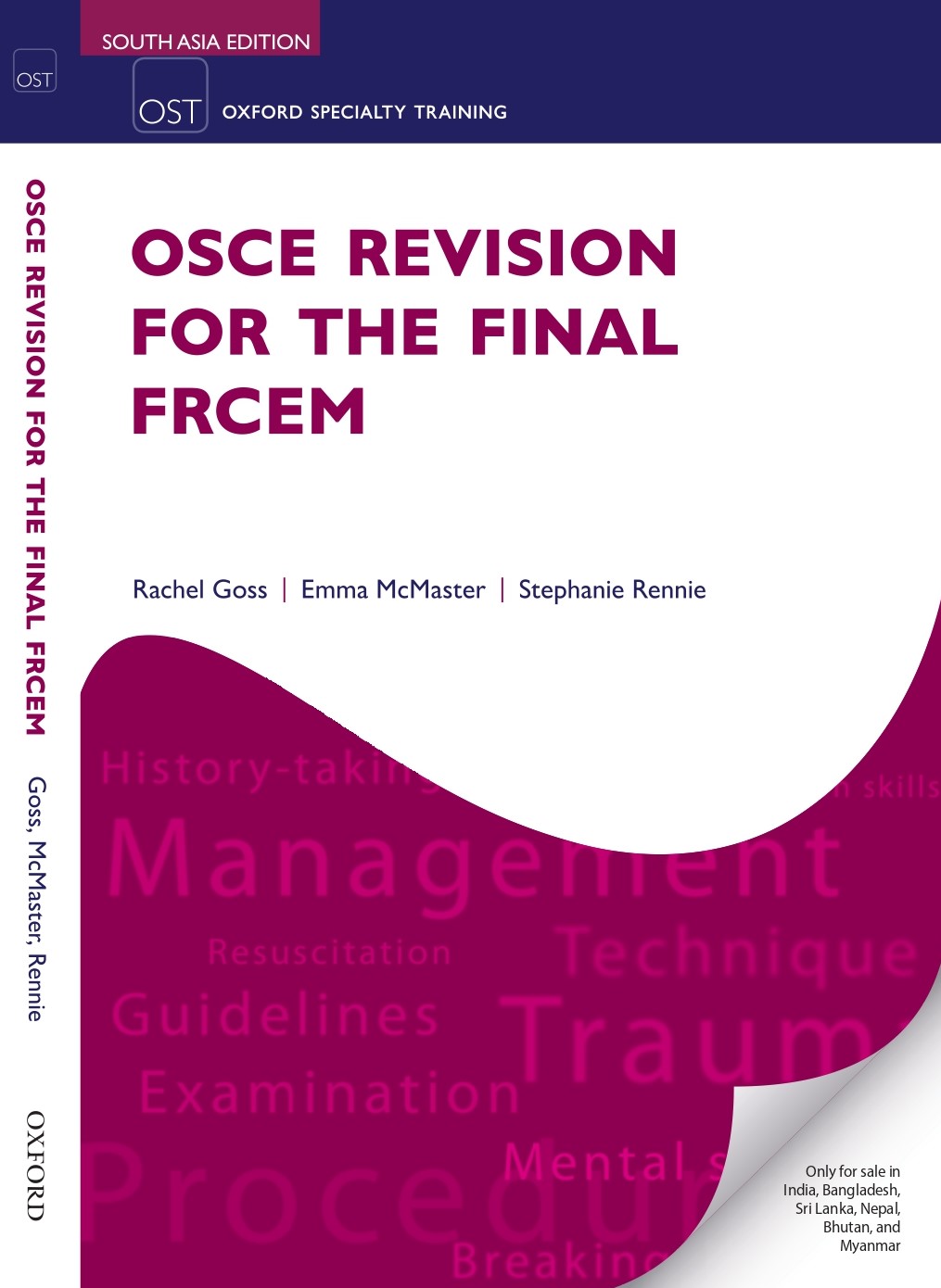


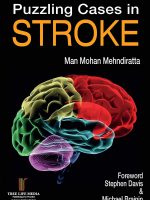
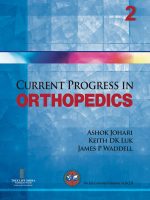

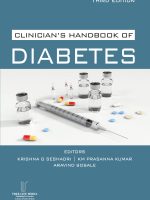
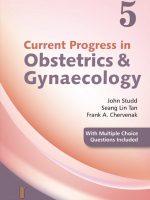
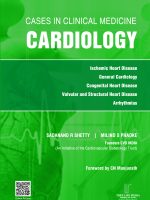
Be the first to review “OSCE REVISION FOR THE FINAL FRCEM”